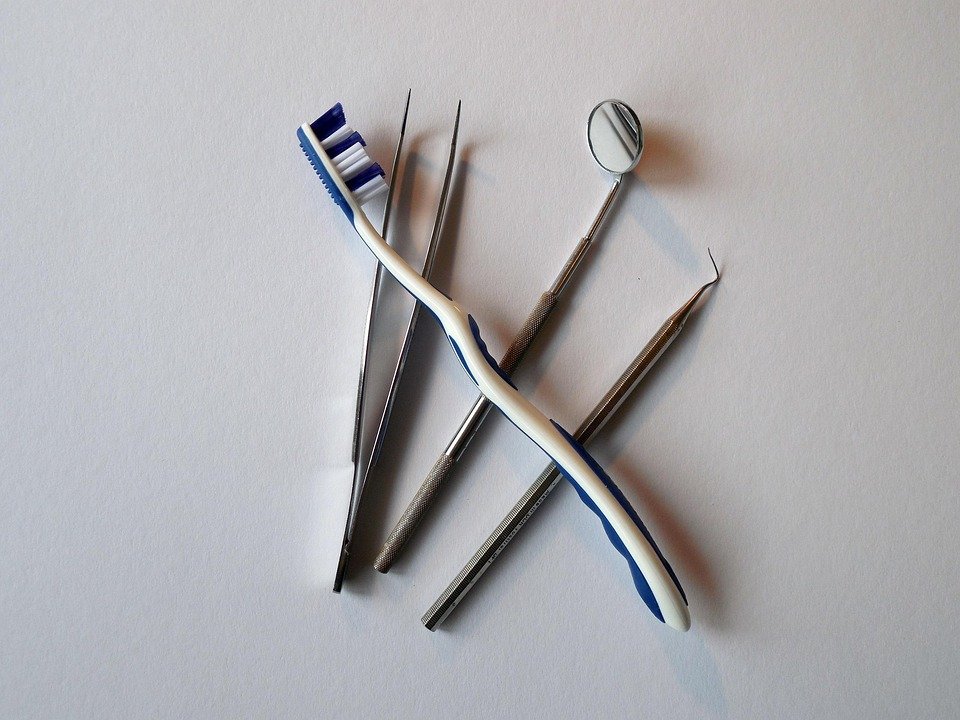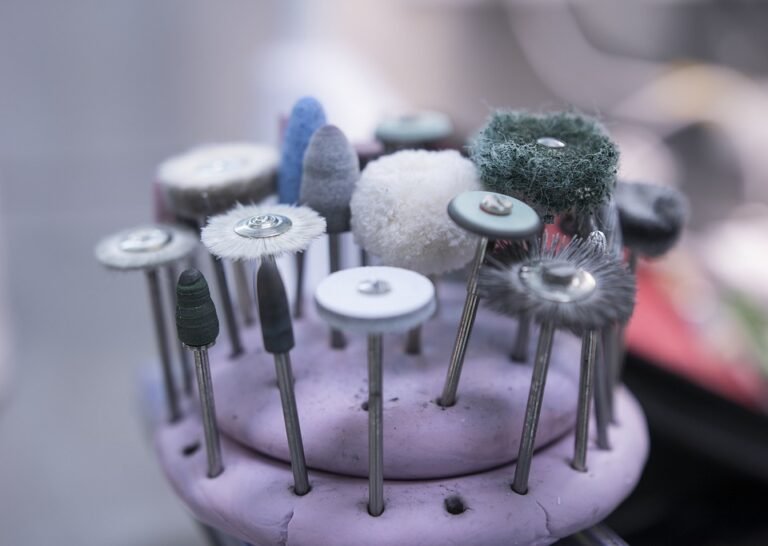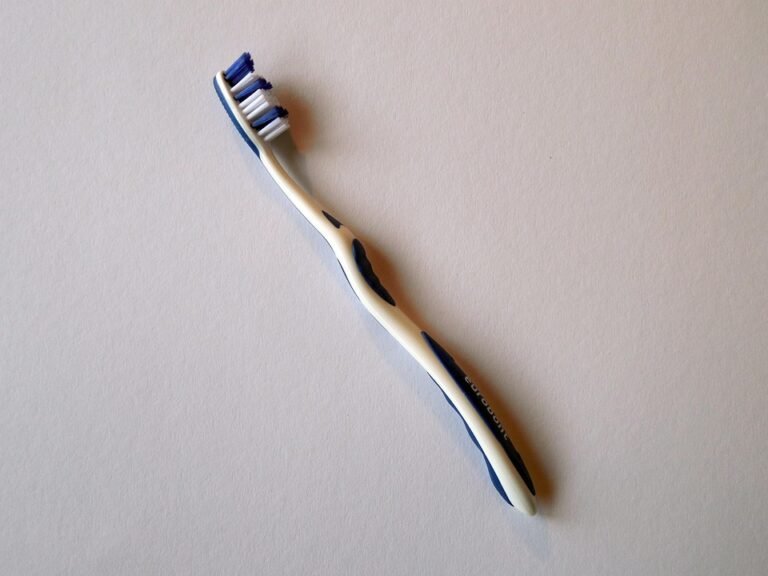How do I prepare for my first dental consultation
Okay, so I’ve finally booked my first ever dental consultation. I’m 28 and, uh, might be a little ashamed to admit I haven’t been to the dentist since I was a kid (and even then it was only a couple of times). I’m really nervous, not just about the potential for bad news, but also about what to expect during the appointment.
What kind of questions will they ask? Should I bring my medical history? Should I brush extra hard the morning of the appointment, or is that just… weird? I’m also a little anxious about the cost – should I ask about that upfront, and if so, how do I phrase it without sounding cheap? And what if they recommend a ton of expensive procedures I can’t afford?
Basically, I’m trying to go in feeling as prepared and confident as possible. Any advice on how to prepare for my first dental consultation as an adult would be greatly appreciated. I’m especially worried about making a good impression and not coming across as a total dental newbie!
Answer
Preparing for your first dental consultation involves gathering information, understanding your goals, and mentally preparing for the appointment. Here’s a comprehensive guide:
1. Gather Relevant Information:
- Medical History: Compile a complete medical history, including:
- List of all current medications (prescription, over-the-counter, and supplements) with dosages and frequency.
- List of all allergies (medications, food, latex, etc.).
- Any chronic health conditions such as diabetes, heart conditions, autoimmune disorders, bleeding disorders, or any other significant illnesses.
- Past surgeries or hospitalizations.
- Any history of radiation therapy, chemotherapy, or bisphosphonate use (medications for osteoporosis).
- If you are pregnant or think you might be, or if you are breastfeeding.
- Dental History: Collect information about your past dental experiences:
- Previous dentists you’ve seen, and the approximate dates of your last visits.
- Any past dental treatments you’ve had (fillings, crowns, root canals, extractions, orthodontics).
- Any history of gum disease (gingivitis or periodontitis).
- Any history of temporomandibular joint (TMJ) disorders.
- Any sensitivity or pain you experience in your teeth or gums.
- Your typical oral hygiene routine (how often you brush and floss, and what products you use).
- Insurance Information: Have your dental insurance card and information readily available, including:
- Insurance company name.
- Policy number.
- Group number (if applicable).
- Subscriber ID.
- List of Questions and Concerns: Write down all the questions and concerns you have about your dental health. This will ensure you don’t forget to ask them during the appointment. Examples include:
- Concerns about specific teeth or areas in your mouth.
- Questions about the dentist’s experience and qualifications.
- Questions about the office’s infection control procedures.
- Inquiries about different treatment options and their associated costs.
- Questions about payment plans or financing options.
- Questions about the dentist’s philosophy on preventative care.
- List of Dental Goals: Consider what you want to achieve with your dental care. This could include:
- Improving your overall oral health.
- Addressing specific dental problems (pain, sensitivity, etc.).
- Improving the appearance of your teeth (whitening, straightening, etc.).
- Preventing future dental problems.
2. Understand the Purpose of the Consultation:
- The initial consultation serves several purposes:
- To allow the dentist to assess your overall oral health.
- To identify any existing dental problems.
- To discuss your dental history and goals.
- To answer your questions and address your concerns.
- To develop a personalized treatment plan, if necessary.
- To establish a relationship with the dentist and the dental team.
- Understand that the consultation may involve:
- A review of your medical and dental history.
- A comprehensive oral examination.
- X-rays (if necessary).
- A discussion of your treatment options and associated costs.
- An explanation of the dentist’s findings and recommendations.
3. Preparing for the Appointment:
- Oral Hygiene: Brush and floss your teeth thoroughly before the appointment. This will help the dentist get a clear view of your oral health.
- Be on Time: Arrive at the dental office a few minutes early to allow time for paperwork and check-in.
- Be Honest and Open: Be honest and open with the dentist about your dental history, concerns, and goals. This will help them provide you with the best possible care.
- Bring a List of Questions: Have your list of questions ready and don’t hesitate to ask them.
- Take Notes: Take notes during the consultation to help you remember the dentist’s recommendations and treatment plan.
- Bring a Companion (If Needed): If you feel anxious or overwhelmed, consider bringing a friend or family member with you for support.
- Payment: Inquire about the accepted methods of payment.
4. During the Consultation:
- Listen Carefully: Pay close attention to what the dentist says during the examination and discussion.
- Ask Questions: Don’t be afraid to ask questions if you don’t understand something or if you have any concerns.
- Discuss Treatment Options: If the dentist recommends treatment, discuss all of your options, including the benefits, risks, and costs of each option.
- Express Your Concerns: Be sure to express any concerns you have about the treatment plan or the cost of treatment.
- Clarify Expectations: Make sure you understand what to expect during and after any recommended procedures.
- Understand the Next Steps: Clarify what the next steps are, including scheduling follow-up appointments, obtaining referrals, or starting treatment.
5. After the Consultation:
- Review Your Notes: Review your notes from the consultation to help you remember the dentist’s recommendations and treatment plan.
- Contact Your Insurance Company: Contact your dental insurance company to understand your coverage for any recommended treatments.
- Make an Informed Decision: Take your time to consider all of your options and make an informed decision about your dental care.
- Follow the Dentist’s Recommendations: Follow the dentist’s recommendations for oral hygiene and preventative care.
By following these steps, you can be well-prepared for your first dental consultation and make the most of your appointment.






